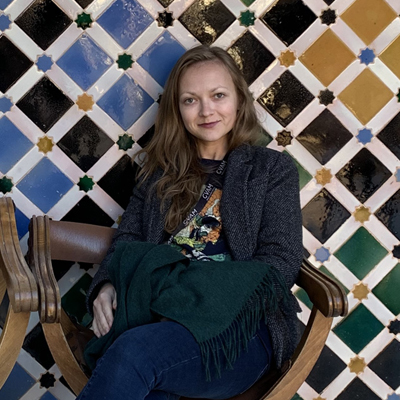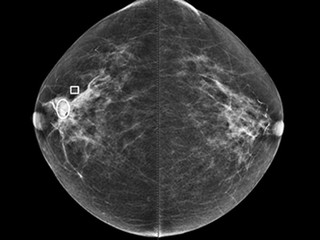The recent revelation of Princess Kate Middleton’s battle with cancer has sent ripples across the globe, reminding us that this disease knows no boundaries of status or privilege. As the Princess of Wales faces this personal challenge, it underscores the critical need for advancements in cancer treatment. And there’s no lack of teams looking for answers in innovation.
Here are a few startups that got some attention for their approaches to treating cancer and raised capital from some prominent biotech investors.

Cure51 closed its seed round this month after raising 15 million euros ($16.2 million) from life science and healthcare VCs. Paris-based Sofinnova Partners led the round; participants included Hitachi Ventures GmbH in Munich, Life Extension Ventures in NYC, Datadog CEO Olivier Pomel, and Xavier Niel.
Founded in 2022, Cure51 is creating “a database of cancer survivors to leverage their exceptional biological features and find new drugs to cure Cancer.” This innovative focus on the mechanisms of long-term survival stands in stark contrast to humanity’s persistent struggles with finding a cure through researching cancer deaths.
If you haven’t yet encountered the term “generative chemistry,” here is a startup that’s working at the advent of this approach. Kimia Therapeutics, a Berkeley spin-off of Carmot, scored $55 million in Series A financing, as announced in December. The Column Group in San Francisco and Dimension led the fundraising round in Kimia, joined by Horizons Ventures and individual investors.
The capital funds Kimia’s mission to generate a chemical atlas for treating human disease. The ATLAS platform combines high-throughput chemistry, chemical biology, genome editing, and machine learning. Oncology is among the fields where Kimia is pursuing therapeutic targets.
Increasingly, artificial intelligence finds its way into the medical field and accelerates research. Here’s another company applying AI and machine learning to cancer research. Totus Medicines, which is developing small molecule medicines using a novel DNA-encoded covalent library technology combined with the speed and efficiency of AI, closed its $66 million Series B in late 2023.
Based in Emeryville, CA, Totus focuses on advanced forms of cancer. The company boasts to be developing a breakthrough medicine targeting the most mutated oncogene. Investors include DCVC Bio, Northpond Ventures, and Camford Capital.
This startup, Gate Bioscience, exited stealth with $60 million in Series A capital, backed by Versant Ventures, a16z Bio + Health, ARCH Venture Partners, and GV (Google Ventures). Founded in 2021 in Brisbane, CA, Gate is developing an entirely new class of medicines it calls Molecular Gates, which would eliminate disease-causing extracellular proteins, including in some types of cancer.
Oncology Ventures, a seed-stage VC fund, has backed VivorCare as it builds its fully-integrated telehealth cancer survivorship platform aiming to improve survivorship care; Gabbi, which tackles breast cancer early; and Health Universe, an AI-powered open-source community to impact precision medicine in oncology. It also invested in Concr, an Australian startup that employs Bayesian computational frameworks in cancer patient care to “predict the probability of therapeutic response for an individual patient through deep understanding of the underlying biology.”
To name a few other companies advancing their cancer research, there were U.S.-Irish Shorla Oncology, focusing on orphan and pediatric cancers; Chicago-based Evozyne designing new proteins and collaborating with Nvidia and Takeda on generative AI; Hyku Biosciences in Massachusetts, deploying covalent medicines in oncology; Mariana Oncology, backed by Eli Lilly in radiopharmaceutical development; Georgiamune, developing a dual-acting monoclonal antibody to tackle immunotherapy resistance; Longwood Fund’s Solu Therapeutics, creating a cytotoxicity-targeting chimera platform; Surge Therapeutics, which has developed an optimized biodegradable hydrogel for extended release of cancer immunotherapy; and more.
These, and other startups are leading a charge that could change the face of cancer treatment as we know it. As we stand in solidarity with the Princess and all those affected by cancer, we turn our gaze to these beacons of hope. Their work is more than scientific endeavor; it is a crusade against one of humanity’s most persistent foes.
Image: Wowzer AI


















